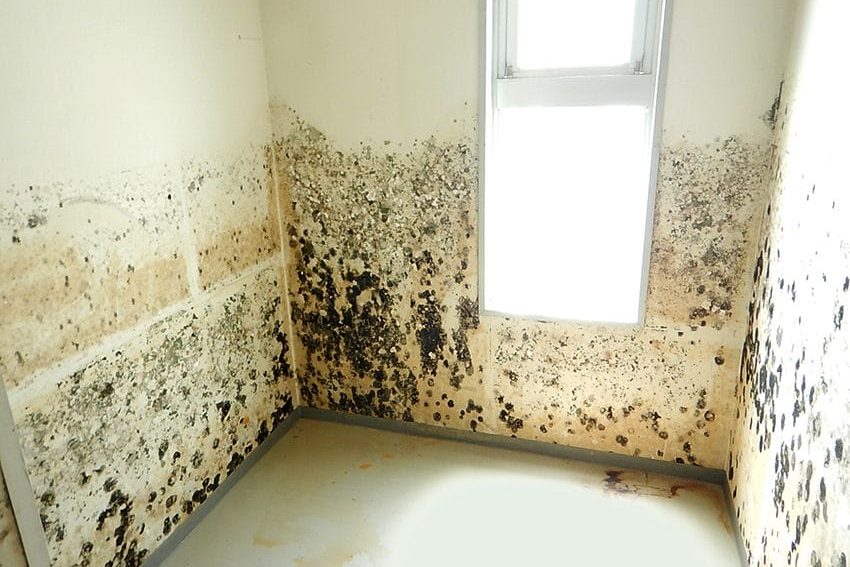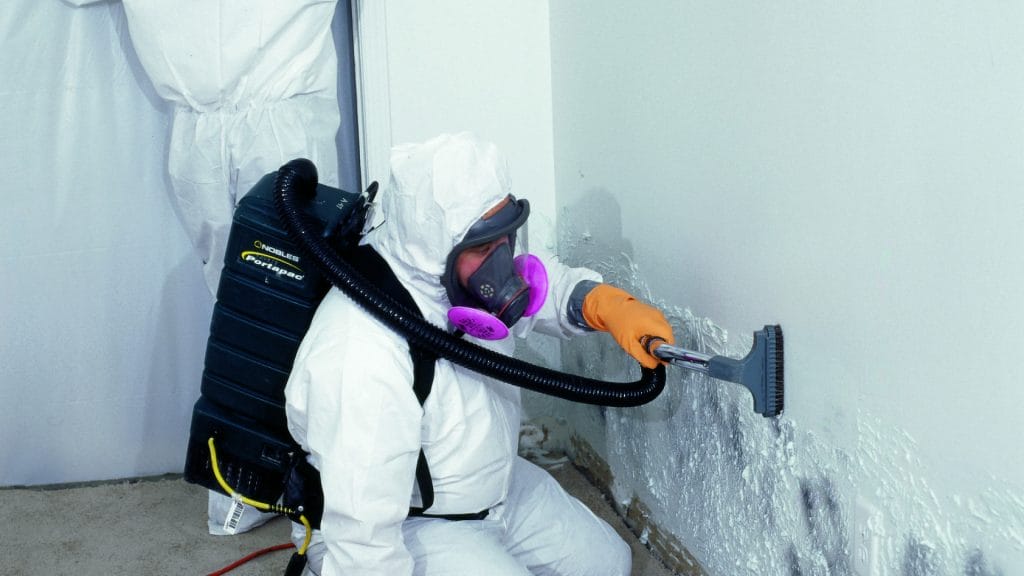Why Ignoring Mold Stains Can Cause Significant Damage to Your Business

Mold is often perceived as a minor issue, yet it represents a “silent threat” to factories and warehouses. The longer mold is left untreated, the more it accumulates, leading to increasingly serious consequences.
Because mold often appears as surface stains that can be wiped away, many assume its impact is limited to the visual cleanliness of a facility. In reality, mold can affect not only the appearance of your premises but also the performance of machinery and the health of employees.
Engaging a professional mold removal service promptly is essential to prevent mold from causing extensive damage to your facility, assets, and workforce.
Mold is More Than Just a Stain: Understanding the Root Cause
Mold on factory walls, like in any environment, develops from airborne spores that settle on surfaces and cluster together, forming visible patches or black spots. Surfaces most susceptible to mold are organic materials such as wood, paper, insulation, and packaging materials.
The primary factor driving mold growth is “moisture”. Facilities with high humidity, condensation, or exposure to water damage are at elevated risk. Even isolated incidents, such as flooding, can create conditions conducive to mold proliferation.
4 Critical Impacts of Untreated Mold
Failing to remove mold promptly does more than compromise cleanliness; it can have long-term health, structural, and operational implications. The following outlines four critical areas of risk when mold problems are ignored:
1. Health Risks to Employees and Clients
High mold concentrations increase airborne spore levels. Prolonged inhalation by employees or visitors can lead to respiratory issues, chronic coughing, or allergic reactions. Certain types of mold produce mycotoxin substances that, when inhaled in sufficient quantities, may cause long-term health effects.
2. Structural and Asset Damage
Extensive mold growth can compromise building structures, damage inventory, and adversely affect machinery. Mold attaches to organic materials within the facility, facilitating widespread propagation over time. If left untreated, structural integrity is weakened, and stored products, raw materials, and equipment are exposed to significant risk. Machinery located near humid areas is particularly vulnerable; moisture accumulation can lead to mold growth on circuits and components, resulting in operational failures or electrical hazards.
3. Business Continuity Disruption
Employee health concerns and equipment malfunctions can disrupt operations, leading to labor shortages and equipment downtime. Neglecting what initially seems like a minor mold issue can escalate into a serious operational interruption, underscoring the importance of proactive mold management.
4. Reputational and Client Trust Risks
Products contaminated with mold can compromise perceived quality and hygiene standards, undermining client confidence. Mold-related problems that cascade into health issues, machinery failures, and operational disruptions can ultimately erode organizational credibility and trust in both hygiene practices and management effectiveness.
Ignoring minor mold stains today may lead to substantial consequences for your business reputation and operational reliability in the future.
Protect Your Business with Professional Mold Remediation

BELFOR Thailand provides expert mold assessment and remediation services to international standards using advanced, safe, and efficient technology. Our professional team delivers comprehensive solutions to mitigate risks, protect assets, and ensure operational continuity.
Don’t let mold compromise your business. Contact BELFOR Thailand today to safeguard your facility, your workforce, and your reputation with expert mold management solutions.


